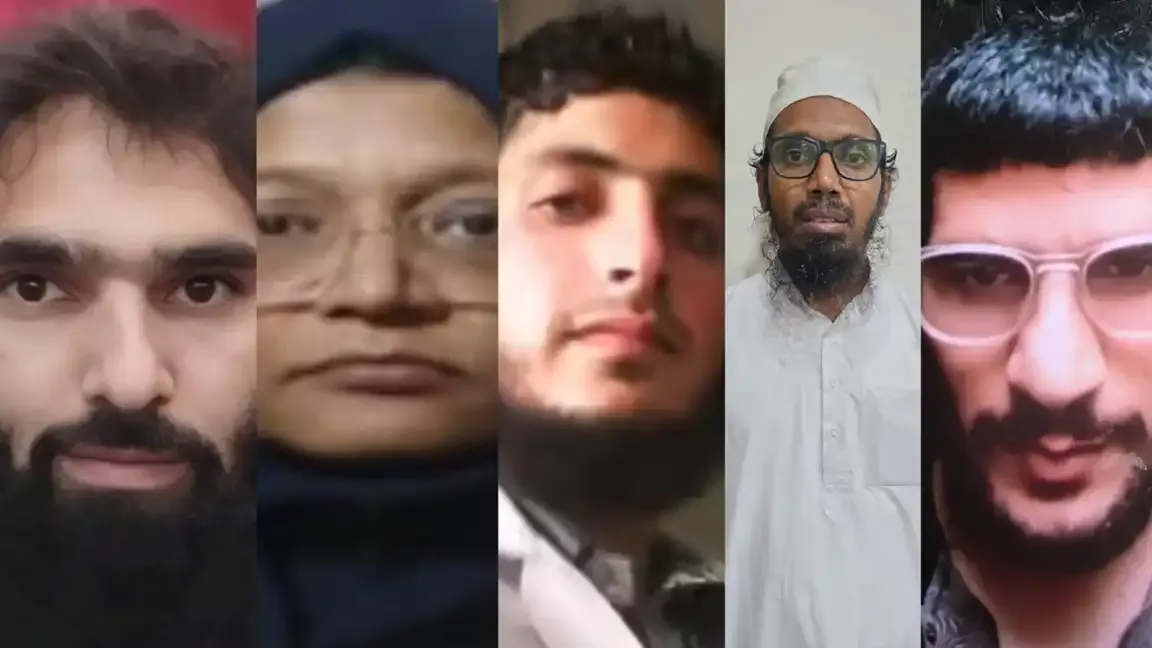Shopping cart
Your cart empty!
Terms of use dolor sit amet consectetur, adipisicing elit. Recusandae provident ullam aperiam quo ad non corrupti sit vel quam repellat ipsa quod sed, repellendus adipisci, ducimus ea modi odio assumenda.
Lorem ipsum dolor sit amet consectetur adipisicing elit. Sequi, cum esse possimus officiis amet ea voluptatibus libero! Dolorum assumenda esse, deserunt ipsum ad iusto! Praesentium error nobis tenetur at, quis nostrum facere excepturi architecto totam.
Lorem ipsum dolor sit amet consectetur adipisicing elit. Inventore, soluta alias eaque modi ipsum sint iusto fugiat vero velit rerum.
Sequi, cum esse possimus officiis amet ea voluptatibus libero! Dolorum assumenda esse, deserunt ipsum ad iusto! Praesentium error nobis tenetur at, quis nostrum facere excepturi architecto totam.
Lorem ipsum dolor sit amet consectetur adipisicing elit. Inventore, soluta alias eaque modi ipsum sint iusto fugiat vero velit rerum.
Dolor sit amet consectetur adipisicing elit. Sequi, cum esse possimus officiis amet ea voluptatibus libero! Dolorum assumenda esse, deserunt ipsum ad iusto! Praesentium error nobis tenetur at, quis nostrum facere excepturi architecto totam.
Lorem ipsum dolor sit amet consectetur adipisicing elit. Inventore, soluta alias eaque modi ipsum sint iusto fugiat vero velit rerum.
Sit amet consectetur adipisicing elit. Sequi, cum esse possimus officiis amet ea voluptatibus libero! Dolorum assumenda esse, deserunt ipsum ad iusto! Praesentium error nobis tenetur at, quis nostrum facere excepturi architecto totam.
Lorem ipsum dolor sit amet consectetur adipisicing elit. Inventore, soluta alias eaque modi ipsum sint iusto fugiat vero velit rerum.
Do you agree to our terms? Sign up

The investigation into the Red Fort car blast has taken a decisive turn with Delhi Police uncovering a sophisticated “white-collar” terror module that allegedly raised ₹20 lakh in cash to purchase raw materials for manufacturing Improvised Explosive Devices (IEDs). What began as a probe into a single attack has now revealed a meticulously planned, multi-state operation involving educated professionals and radicalised medical practitioners.
According to investigators, the accused — Dr Mohammad Umar, Dr Muzammil Ganaie, and Adeel Rather — pooled funds to procure more than 20 quintals of NPK fertilizer, a key ingredient used in assembling high-intensity explosive devices. Sources said the material was acquired in batches, disguised as agricultural or laboratory-related purchases to avoid suspicion.
Officials briefed that the funding trail is proving crucial to the case. “The module needed cash urgently to scale their operations. They collected ₹20 lakh together and handed it over to Umar, who oversaw procurement,” a senior officer revealed. This cash-based strategy allowed the group to bypass digital surveillance systems and maintain operational anonymity.
Investigators describe the module as a “white-collar” terror network because several suspects held respectable positions in academia and medicine. Their educational background not only offered a sophisticated cover but also provided access to chemicals, lab infrastructure, and a steady pool of young recruits.
Dr Umar, who allegedly drove the explosives-laden i20 that detonated outside the Red Fort, is believed to have coordinated raw material purchases. Dr Muzammil Ganaie, linked to multiple terror conduits since his stint at Al-Falah University, reportedly managed logistics and technical evaluations. Adeel Rather is suspected to have worked on ground-level coordination, surveillance routes, and movement of materials across states.
The purchase of over 20 quintals of NPK fertilizer has emerged as one of the most significant breakthroughs. Investigators believe the material was acquired over time and stored across discreet safehouses, including locations in Haryana and Delhi NCR. These purchases were allegedly masked under agricultural use, a loophole that terror modules have exploited in previous bombing cases.
Authorities now suspect the group conducted trial assembling of devices ahead of the Red Fort attack and were preparing additional IEDs for future strikes in Delhi and Uttar Pradesh.
The discovery of this funding route adds to earlier revelations of a radicalised academic network, with doctors and university-linked individuals playing key roles. The multi-state nature of the operation — spanning Kashmir, Haryana, Uttar Pradesh, and Delhi — has prompted joint investigations by NIA, UP ATS and Delhi Police’s Special Cell.
As agencies continue to recover digital files, financial records and communication logs, the picture emerging is of a strategically built ecosystem powered by educated operatives who used their expertise, networks and credibility to conceal lethal ambitions. This case continues to expose how extremist modules increasingly rely on white-collar recruits to execute complex terror operations in India.
24
Published: Nov 13, 2025